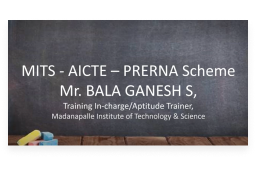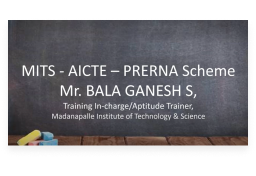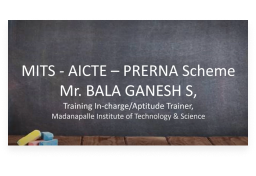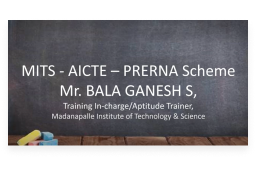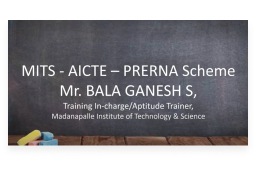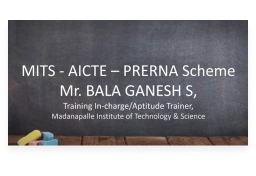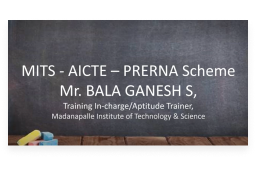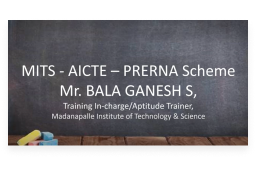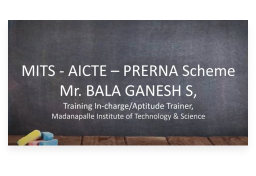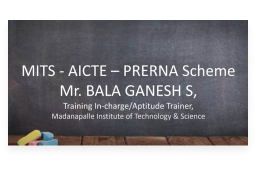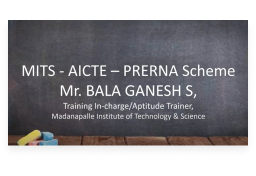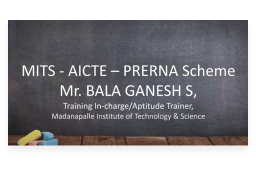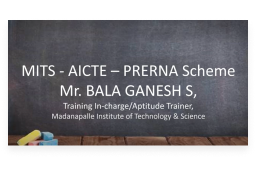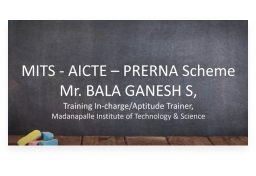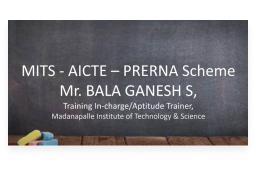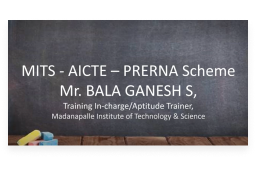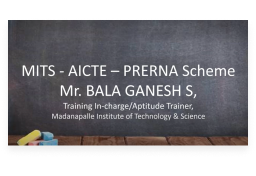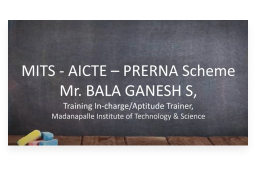Tell me about yourself
Do you know why this question is asked so often in most job interviews? Because, this question is actually an ice-breaker. Asking this question starts the conversion. So one better be prepared for an answer. This question gives the interviewer a chance to know about the interviewee. Once you start talking about yourself, interviewer starts preparing his/her next question. So there are high chances that the next question that would be fired on you will be based on the answer of this question. As the answer for this will be based on you, you think and prepare it before the interview.
While preparing for the answer consider including following points.
- You! Tell them your name and which place you are from. Do not start with “Myself Jayvardhan Patil”, start with “I am Jayvardhan Patil”. This is a very common mistake. Not acceptable in interviews especially in call centre jobs.
- You may talk about your family (cover up in short), you may talk about your how you came to the city, etc.
- Education- Tell them about your education i.e. graduation/post-graduation.
- If you are a fresher then tell them the grades you got. If you have done something different than others then tell them. It surely adds a value!
- Experience- Talk about your whole experience. Start from early years and gradually come to recent years. If you have a long experience then you must not be doing same thing all years. Then exactly what you were doing? This is what your interviewer wants to listen.
- If you are a fresher then talk about your projects.
- Experience regarding to the post you have applied for- This is of most interest to your interviewer. You may be having lot of experience but how much experience you have regarding current job post is very very important. If you do not have it then you can talk about some related experience. Or if you do not have related experience too then say it clearly. Buy along with it give them confidence that you can do it and you have genuine interest to do it.
- Fresh candidates who do not have any kind of experience, you should show some positive attitude and exhibit willingness to learn and do new things. Be ready to do new things. Don’t worry that you will make mistakes. Fresher candidates are expected to do mistakes and your employers are well aware of it so you don’t have any reason to be afraid. Believe me no one will give you more work than you can handle.
- Do not describe your salary or pay scale at this point of time.
- Avoid giving unnecessary details. Value your interviewer’s time.
- The idle answer should not last more than 1 minute.
Interview Checklist
Before the Interview
- Identify your strengths and weaknesses, goals, skills, etc
- Research the company
- Rehearse what you plan to say
- Practice answers to common questions
- Prepare questions to ask the employer
During the Interview
- Make sure you arrive a few minutes early
- Be aware of nonverbal communication. Sit up straight, look alert, speak clearly and forcefully, but stay relaxed. Make good eye contact, avoid nervous mannerisms, and try to be a good listener as well as a good talker. Smile!
- Follow the interviewer's lead, but try to get the interviewer to describe the position and duties to you fairly early in the interview so that you can then relate your background and skills in context
- Be specific, concrete, and detailed in your answers. The more information you volunteer, the better the employer gets to know you Offer examples of your work and references which will document your best qualities
- Answer questions as truthfully and as frankly as you can. Answer honestly, while trying not to say more than is necessary
Closing the Interview
- Don't be discouraged if no definite offer is made or if no specific salary is discussed
- If you get the impression that the interview is not going well and that you have already been rejected, do not let your discouragement show. Once in a while an interviewer who is genuinely interested may seem to discourage you to test your reaction
- A typical interviewer comment toward the close of an interview is to ask if you have any questions. Use those that you've prepared
- At the conclusion of your interview, ask when a hiring decision will be made. Then thank your interviewer for his or her time and express your interest in the position once again
Interviewing Do's & Dont's
What To Do
- Do express yourself clearly with a strong voice and good diction and grammar.
- Do pay close attention to your personal appearance; dress to your advantage.
- Do make concrete goals in planning for your career.
- Do offer a firm handshake.
- Do look the interviewer in the eye (but don't stare him or her down).
- Do fill out applications neatly and completely.
- Do have as much knowledge about the industry, employer, and position as possible.
- Do take criticism gracefully.
- Do equip yourself with a strong knowledge of the company.
- Do have prepared questions about the employer and position.
- Do display a sense of humour.
- Do display self-confidence.
- Do bring a pen and small notebook with you to the interview.
- Do remember the interviewer's name and use it during the interview.
- Do take time to think before answering difficult or unexpected questions.
- Do take an extra copy of your resume and a list of references with you to the interview.
- Do follow-up with a thank-you note restating your interest in the position.
- Do contact the employer by phone if the interviewer does not contact you one week after the time from which he or she indicated you would be notified.
- What Not To Do....
- Don't be overbearing, overaggressive or conceited.
- Don't show a lack of interest or enthusiasm.
- Don't emphasize money as your main interest in the job.
- Don't expect too much too soon - be open to the idea of starting at the bottom and working your way up.
- Don't make excuses for unfavorable factors on your record.
- Don't condemn past employers or institutions of education; keep comments positive.
- Don't display a marked dislike for schoolwork.
- Don't be indecisive.
- Don't display intolerance or prejudice.
- Don't interview unless you are interested in the job. Don't just shop around.
- Don't be late to the interview.
- Don't state specific geographic restrictions.
- Don't contradict yourself in responses.
- Don't take notes during the interview - jot down your notes immediately after the interview.
- Don't forget: YOU control the content of the interview.
- Don't glorify your past experiences - getting into a job for which you are under qualified is not recommended.
Eligibility Criteria for entry level position
Stages in Selection Process:
The next stage in the selection process is the Group Discussion.
Interview:
Each of these stages is eliminatory.
A resume should contain brief but sufficient information to tell a prospective employer:
- Who you are
- What type of job you would like to do
- What you can do
- What you have done
- What you know
- Did you list educational activity such as training?
- Do you have experience in money management?
- Do you have any people management activities?
- Have you listed organization-building activities?
- Have you mentioned your people skills?
- Do you have selling experience?
- Have you discussed your ability to interact with customers or clients?
- Have you included your ability to work as part a team?
- Have you listed your trouble-shooting or problem solving skills?
- Have you mentioned your ability to organize data?
- Have you listed activities when you organized projects?
- Did you include your writing skills?
- Did you include your ability to lead others?
- Have you listed all extracurricular and volunteer work?
- Have you included your particular values and work ethics?


